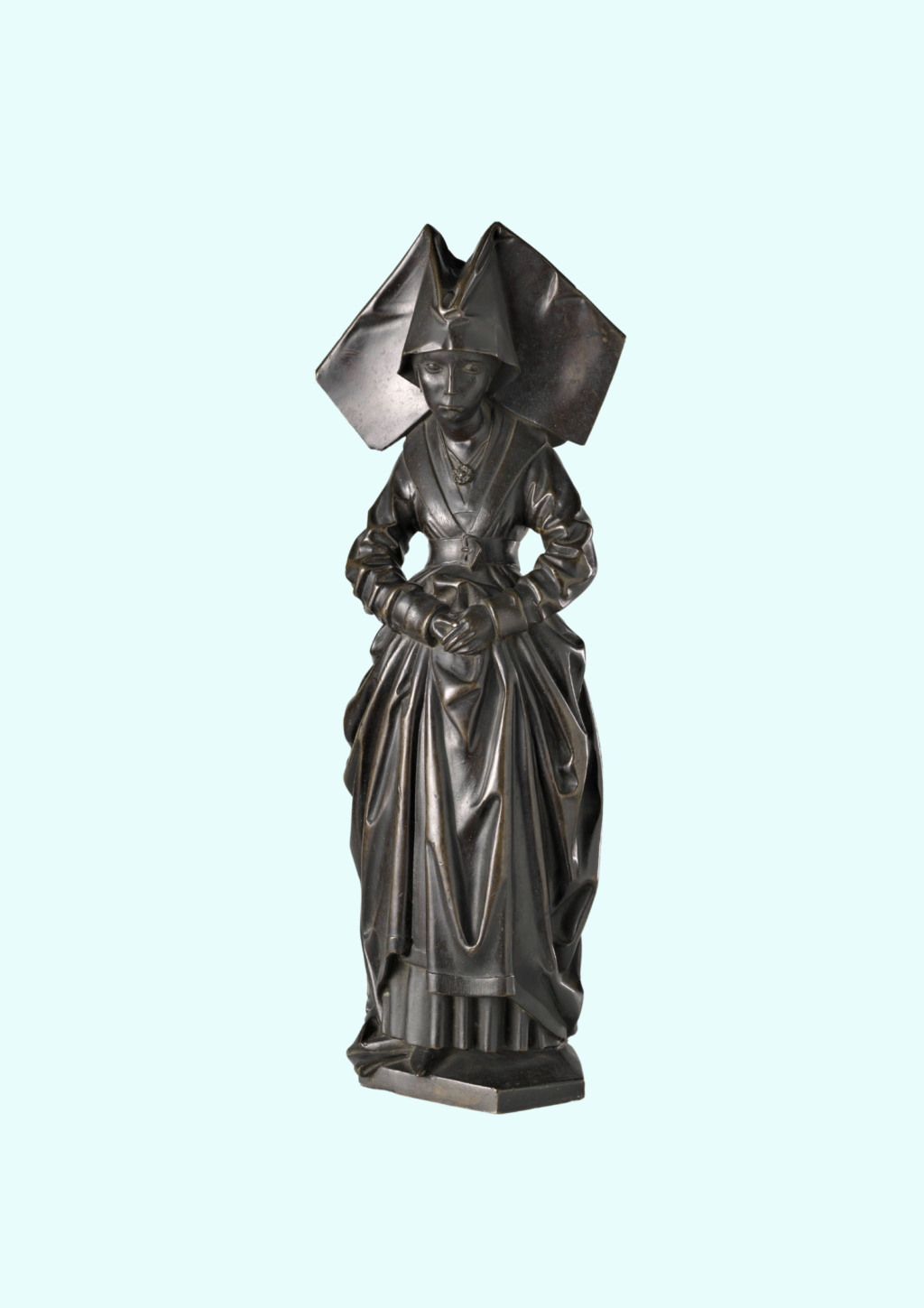This is the second part of our excerpt from The Masterpiece
PART one OF THE EXCERPT CAN BE FOUND HERE: HTTPS://THISDEGENERATE.ART/2021/08/THE-MASTERPIECE-1/
With a light step, Claude ran to take his box of crayons, and a large sheet of paper. Then, squatting on a low chair, he placed a portfolio on his knees and began to sketch with an air of perfect happiness. All else vanished amidst artistic surprise and enthusiasm. No thought of sex came to him. It was all a mere question of chaste outlines, splendid flesh tints, well-set muscles. Face to face with nature, an uneasy mistrust of his powers made him feel small; so, squaring his elbows, he became very attentive and respectful. This lasted for about a quarter of an hour, during which he paused every now and then, blinking at the figure before him. As he was afraid, however, that she might change her position, he speedily set to work again, holding his breath, lest he should awaken her.
And yet, while steadily applying himself to his work, vague fancies again assailed his mind. Who could she be? Assuredly no mere hussy. But why had she told him such an unbelievable tale? Thereupon he began to imagine other stories. Perhaps she had but lately arrived in Paris with a lover, who had abandoned her; perhaps she was some young woman of the middle classes led into bad company by a female friend, and not daring to go home to her relatives; or else there was some still more intricate drama beneath it all; something horrible, inexplicable, the truth of which he would never fathom. All these hypotheses increased his perplexity. Meanwhile, he went on sketching her face, studying it with care. The whole of the upper part, the clear forehead, as smooth as a polished mirror, the small nose, with its delicately chiselled and nervous nostrils, denoted great kindliness and gentleness. One divined the sweet smile of the eyes beneath the closed lids; a smile that would light up the whole of the features. Unfortunately, the lower part of the face marred that expression of sweetness; the jaw was prominent, and the lips, rather too full, showed almost blood-like over the strong white teeth. There was here, like a flash of passion, something that spoke of awakening womanhood, still unconscious of itself amidst those other traits of childlike softness.
But suddenly a shiver rippled over the girl’s satiny skin. Perhaps she had felt the weight of that gaze thus mentally dissecting her. She opened her eyes very wide and uttered a cry.
‘Ah! great heavens!’
Sudden terror paralysed her at the sight of that strange room, and that young man crouching in his shirt-sleeves in front of her and devouring her with his eyes. Flushing hotly, she impulsively pulled up the counterpane.
‘Well, what’s the matter?’ cried Claude, angrily, his crayon suspended in mid-air; ‘what wasp has stung you now?’
He, whose knowledge of womankind was largely limited to professional models, was at a loss to understand the girl’s action.
She neither spoke nor stirred, but remained with the counterpane tightly wrapped round her throat, her body almost doubled up, and scarcely showing an outline beneath her coverings.
‘I won’t eat you, will I?’ urged Claude. ‘Come, just lie as you were, there’s a good girl.’
Again she blushed to her very ears. At last she stammered, ‘Oh, no, monsieur, no—pray!’
But he began to lose his temper altogether. One of the angry fits to which he was subject was coming upon him. He thought her obstinacy stupid. And as in response to his urgent requests she only began to sob, he quite lost his head in despair before his sketch, thinking that he would never be able to finish it, and would thus lose a capital study for his picture.
‘Well, you won’t, eh? But it’s idiotic. What do you take me for? Have I annoyed you at all? You know I haven’t. Besides, listen, it is very unkind of you to refuse me this service, because, after all, I sheltered you—I gave up my bed to you.’
She only continued to cry, with her head buried in the pillow.
‘I assure you that I am very much in want of this sketch, else I wouldn’t worry you.’
He grew surprised at the girl’s abundant tears, and ashamed at having been so rough with her, so he held his tongue at last, feeling embarrassed, and wishing too that she might have time to recover a bit. Then he began again, in a very gentle tone:
‘Well, as it annoys you, let’s say no more about it. But if you only knew. I’ve got a figure in my picture yonder which doesn’t make head-way at all, and you were just in the very note. As for me, when it’s a question of painting, I’d kill father and mother, you know. Well, you’ll excuse me, won’t you? And if you’d like me to be very nice, you’d just give me a few minutes more. No, no; keep quiet as you are; I only want the head—nothing but the head. If I could finish that, it would be all right. Really now, be kind; put your arm as it was before, and I shall be very grateful to you—grateful all my life long.’

